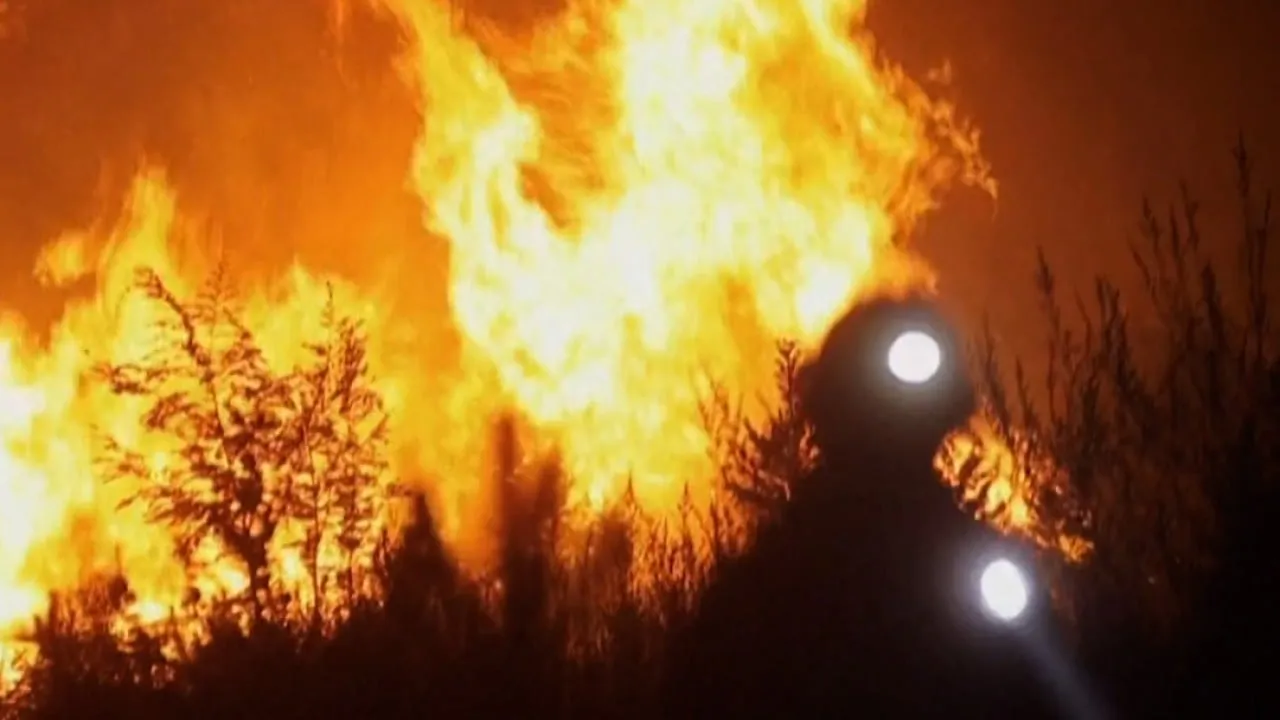Carbon Emissions and the Trilemma of Climate Change, Economic Growth and Global Poverty

The Climate Change Dilemma
As carbon emissions rise, countries face a difficult decision: is it possible to combat climate change, promote middle-class growth in advanced economies, and simultaneously reduce global poverty?
Historical Context
In post-war decades, developed and developing nations prioritized economic growth while managing social stability. This approach, however, became increasingly complicated as the implications of fossil fuel dependency emerged.
The Role of Policy
- President Joe Biden's administration has refocused on green energy and the middle class.
- Green subsidies encourage domestic production, impacting developing nations.
- A large transfer of resources from advanced to developing nations is necessary for climate adaptation.
A Path Forward
By increasing access for poor countries and aligning their growth strategies with climate goals, we can achieve a more inclusive approach. The service sector holds significant potential for economic growth in developing countries.
Future Considerations
Ultimately, addressing carbon emissions will require cooperation between rich and poor nations. This collaboration is essential for progressive climate policies that benefit all parties involved.
Final Remarks
Leaving any of these goals—climate action, middle-class support, or global poverty reduction—behind is not an option. The challenge remains to find a policy equilibrium that allows for sustainable growth across all dimensions.
This article was prepared using information from open sources in accordance with the principles of Ethical Policy. The editorial team is not responsible for absolute accuracy, as it relies on data from the sources referenced.